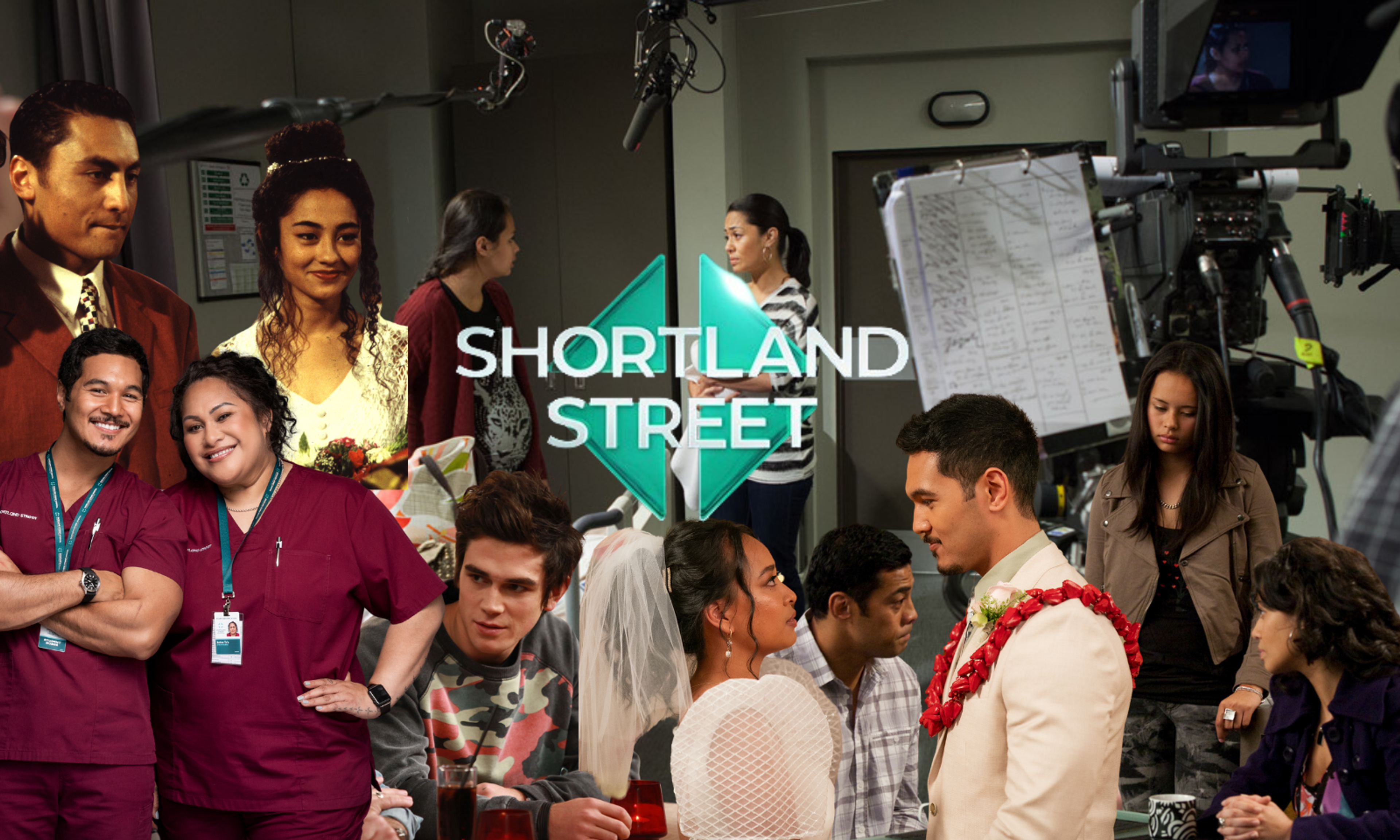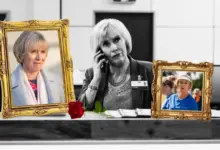Shortland Street’s Pacific writers hopeful for Ferndale’s future
There are fears about what possible cutbacks of television drama Shortland Street will mean for Pacific talent, and whether the show can continue to portray diversity on screen.

The iconic opening track of Shortland has been heard in living rooms for three decades, but the future of the TV drama is now under threat, with the potential flow-on effects for local Pacific talent.
Broadcaster TVNZ and production company South Pacific Pictures are currently in “close conversations” over the future of the show that’s been a heavyweight on Kiwi screens since 1992.
“Shortland Street’s been a creative institution here for over 30 years”, says Oscar Kightley.
“It’s been huge for local storytelling and actors and writers, but also it’s been huge for Pacific people.”
Kightley has worked on and off as a story-liner on the TV series for years and says there’s nothing else like it for honing your skill set.
“It’s like the best writing school in the country … Normally, you might get a project that films for six weeks, but this films all year, so the opportunities to go back again and again and work on your craft, it’s pretty invaluable.”
Kightley was appointed a Member of the New Zealand Order of Merit for services to television and theatre in 2009, and says any downsize of the programme would be a blow to the sector.
“Not just Pacific actors, writers, but also Pacific crew, makeup artists, set builders, cameras, it would leave a big hole.”
He lists Pacific actors that have been staple characters on the show: “Teuila Blakely, Robbie Magasiva, Pua Magasiva and also younger stars like KJ Apa, Frankie Adams, they all got their starts on Shortland Street as young actors and they kind of had to learn in public.”
Actor and playwright Victor Rodger was an actor and writer on the show and says the hefty production demands play a substantial role in bolstering the local creative sector.
“Getting on Shortland Street is one of the few ways you can earn a pretty decent, regular income, if you’ve got a full-time gig there, be it in front of or behind the camera.
“It’s a good training ground where a lot of people break their teeth, and it would be a shame for that to be lost because the success of its alumni speaks for itself.”
Diversity and controversy on screen
Notable storylines include the forbidden cross-cultural Samoan-Tongan love story between Sam Aleni (Rene Naufahu) and “TP” Taleta Palelei (Elizabeth Skeen) which ended in literal flames, and the Levi-Avia family, Shortland Street’s first Polynesian family unit.
Rodger story-lined on the show for four years and was a writer for 14, and says it’s a chance for Pacific characters to be represented on mainstream television.
“The late, great Pua Magasiva obviously made a huge impact as Nurse Vinnie Kruse, who I named when I was a story-liner there. I named him after my cousin, Vainu’u, who was also known as Vinny.”
The programme has drawn criticism in the past for some portrayals of Pacific characters, such as when paramedics Donna Heka (played by Stephanie Tauevihi) and Rangi Heremaia (Blair Strang) had a brief affair before finding out they might be related. This was later proved to be untrue, but Rodger says the elements of fiction and fact can be difficult around certain stereotypes.
“There were storylines that I struggled with as a Samoan. But, how I used to look at it is that it’s largely a palagi show that happens to have diverse actors in it, largely.
“I’m sure that culture has changed to a degree, but once you recognize that, you go, ‘OK, this would never happen in real life, but this is a soap opera.”
In Fiji, Shortland Street was ranked as the top-rated show for much of the late 1990’s with several episodes filmed in Fiji and cast members treated like celebrities.
A future in question
Rodger says it was a shock to learn the programme was under review, but is hopeful it continues in some form.
“I would be very sad for Shortland Street to finish because it’s become such a cultural institution.
“I hope it stays alive, and if it for whatever reason doesn’t, my hope would be something replaces it that gives us a chance to see ourselves five days a week on mainstream TV and all our diversity.”




